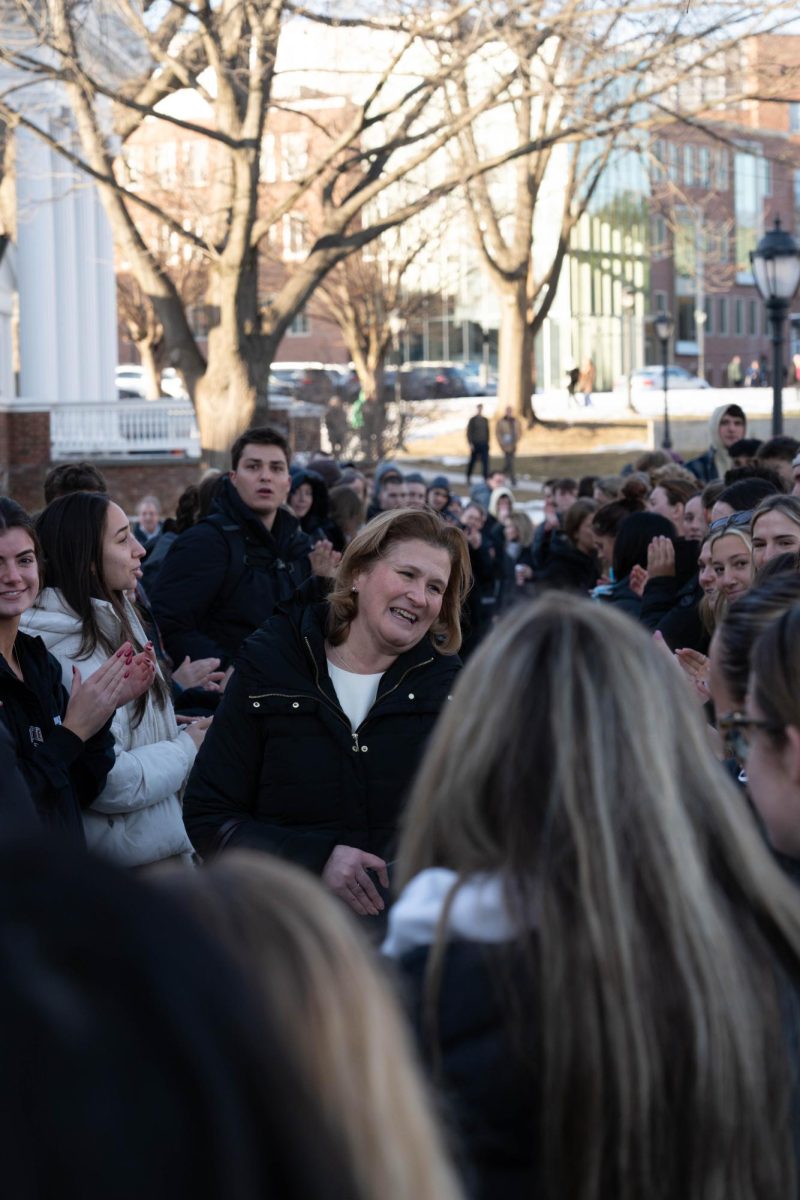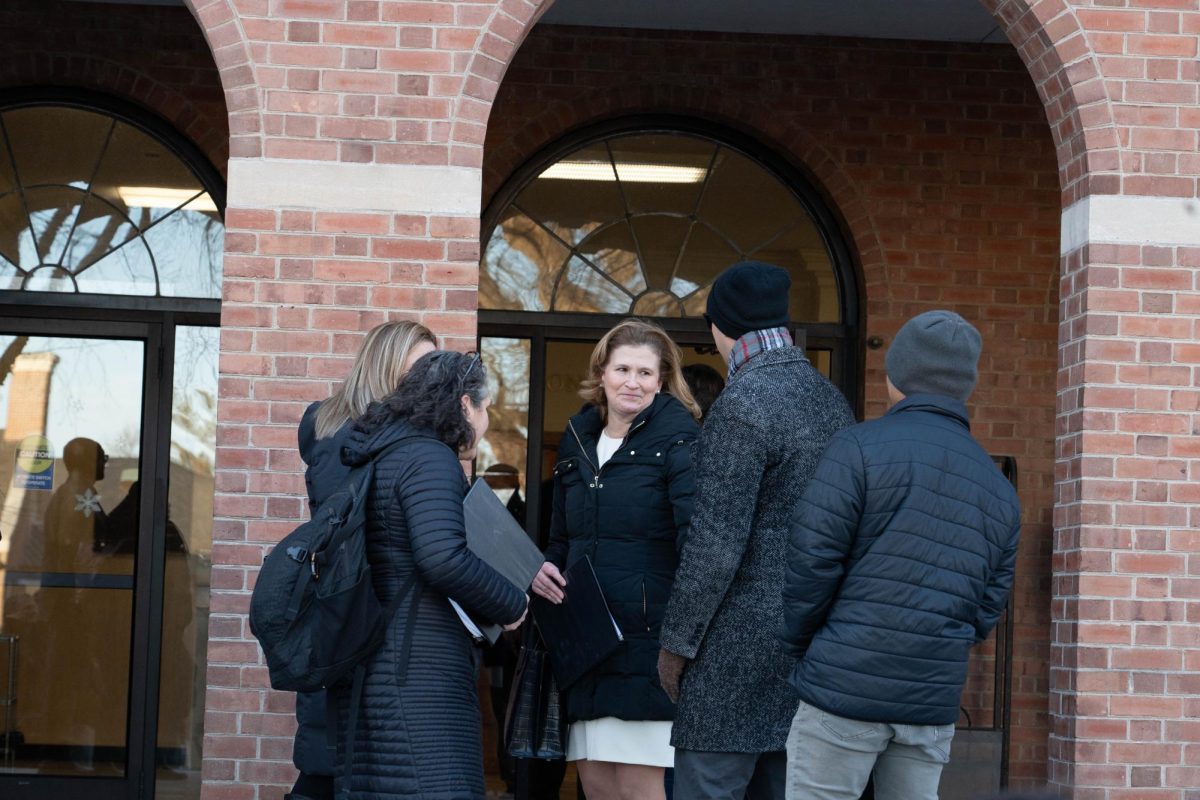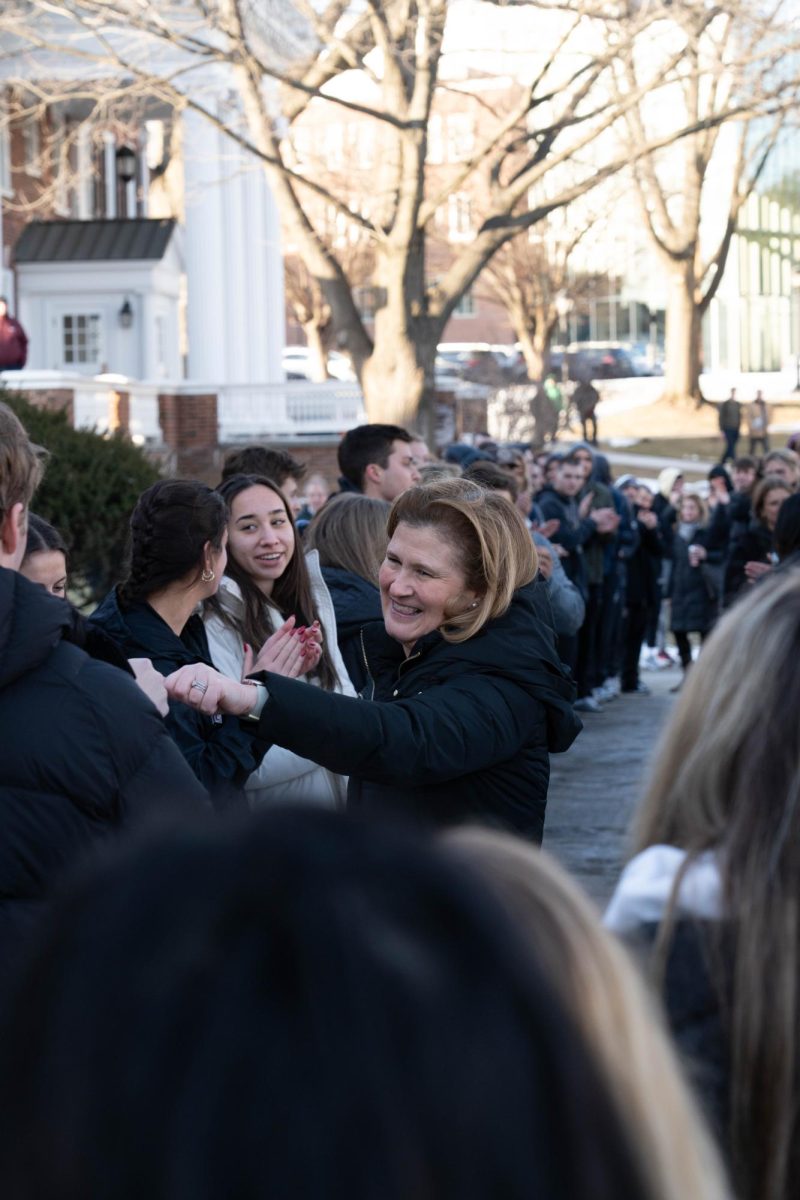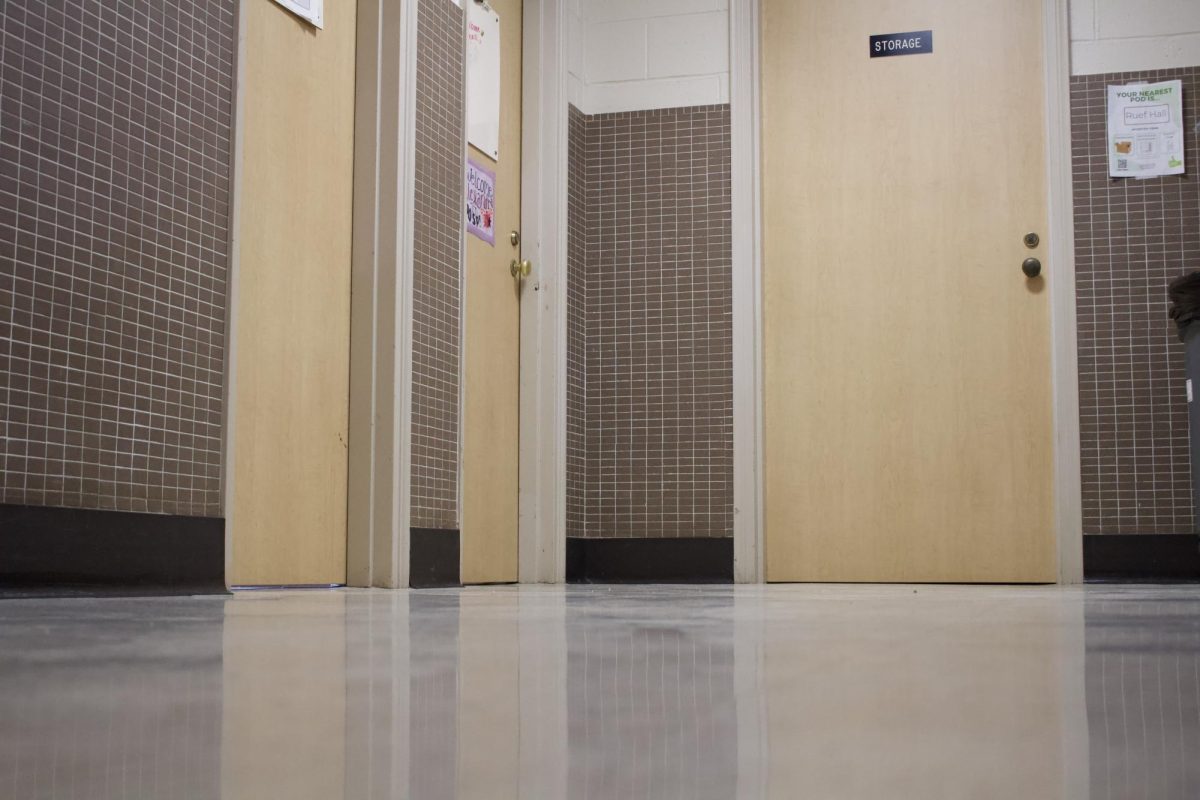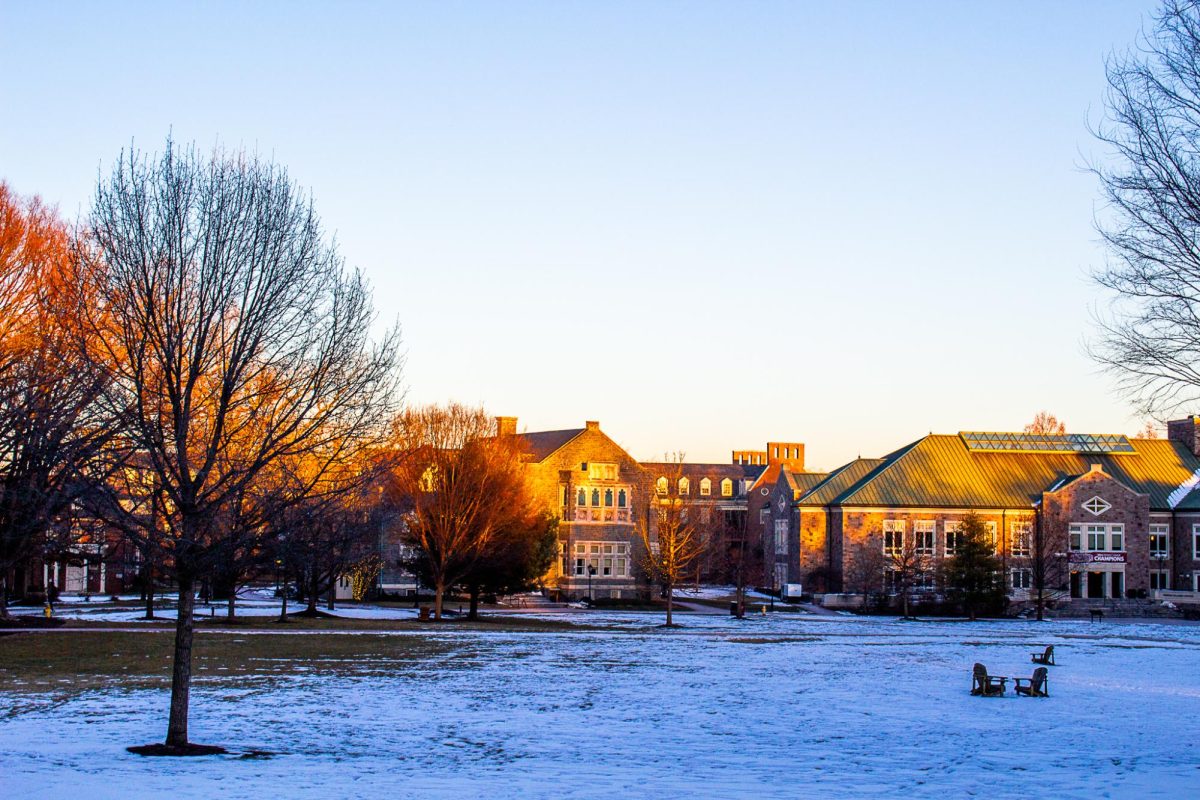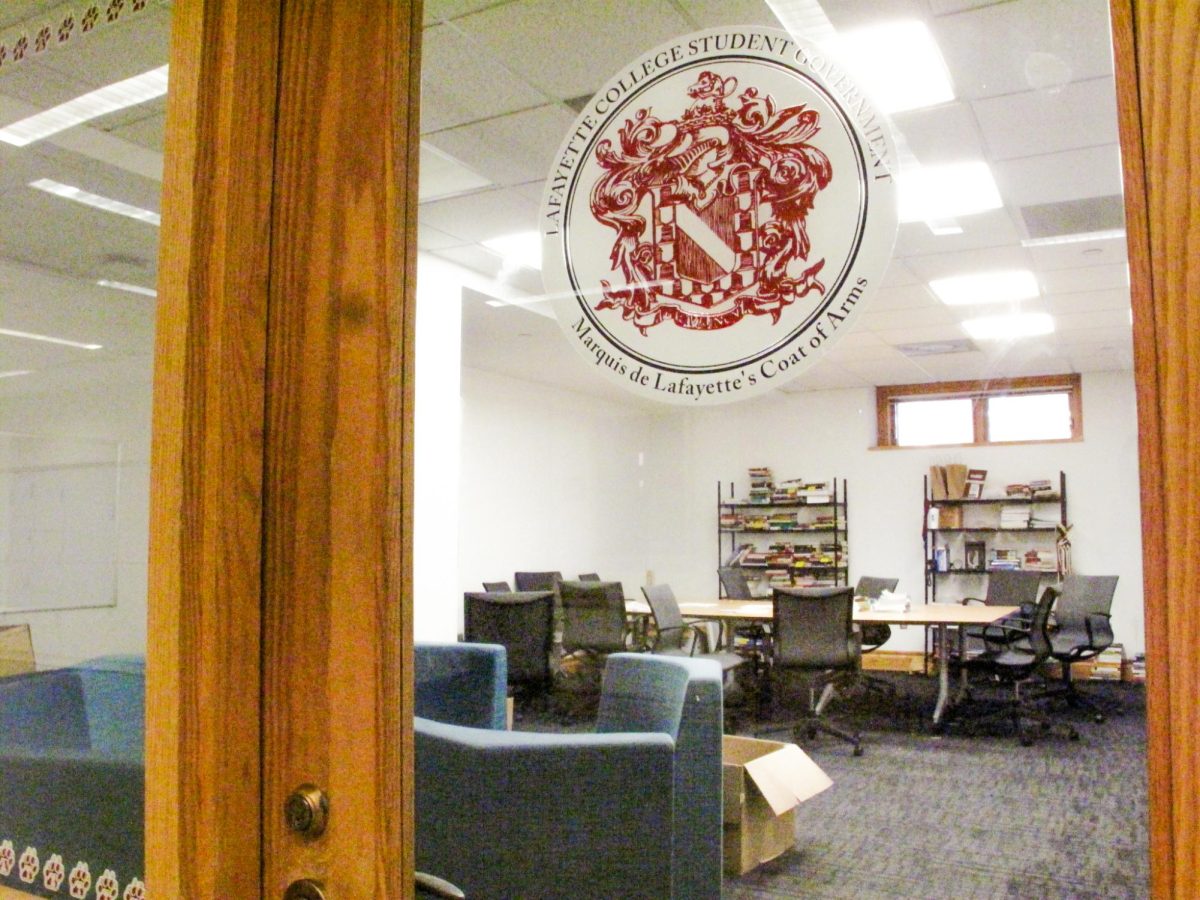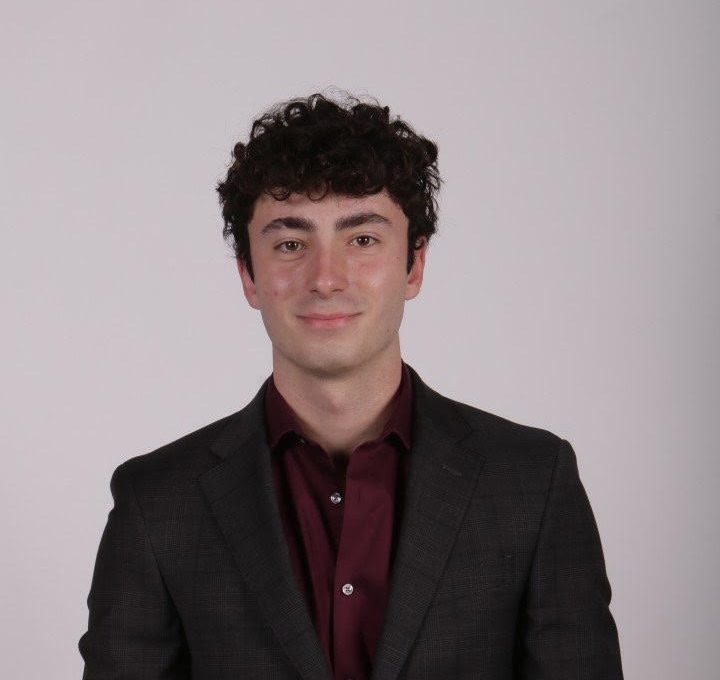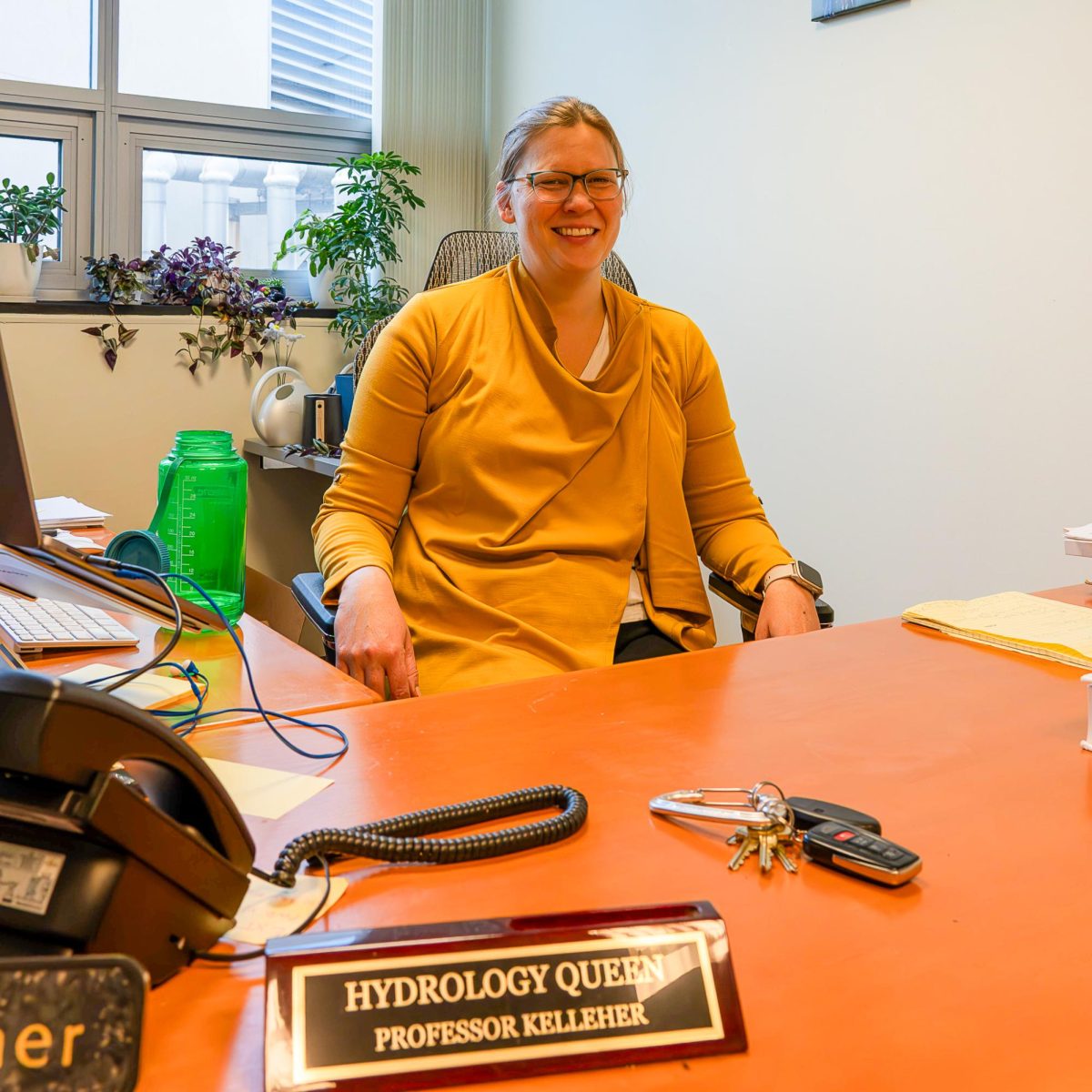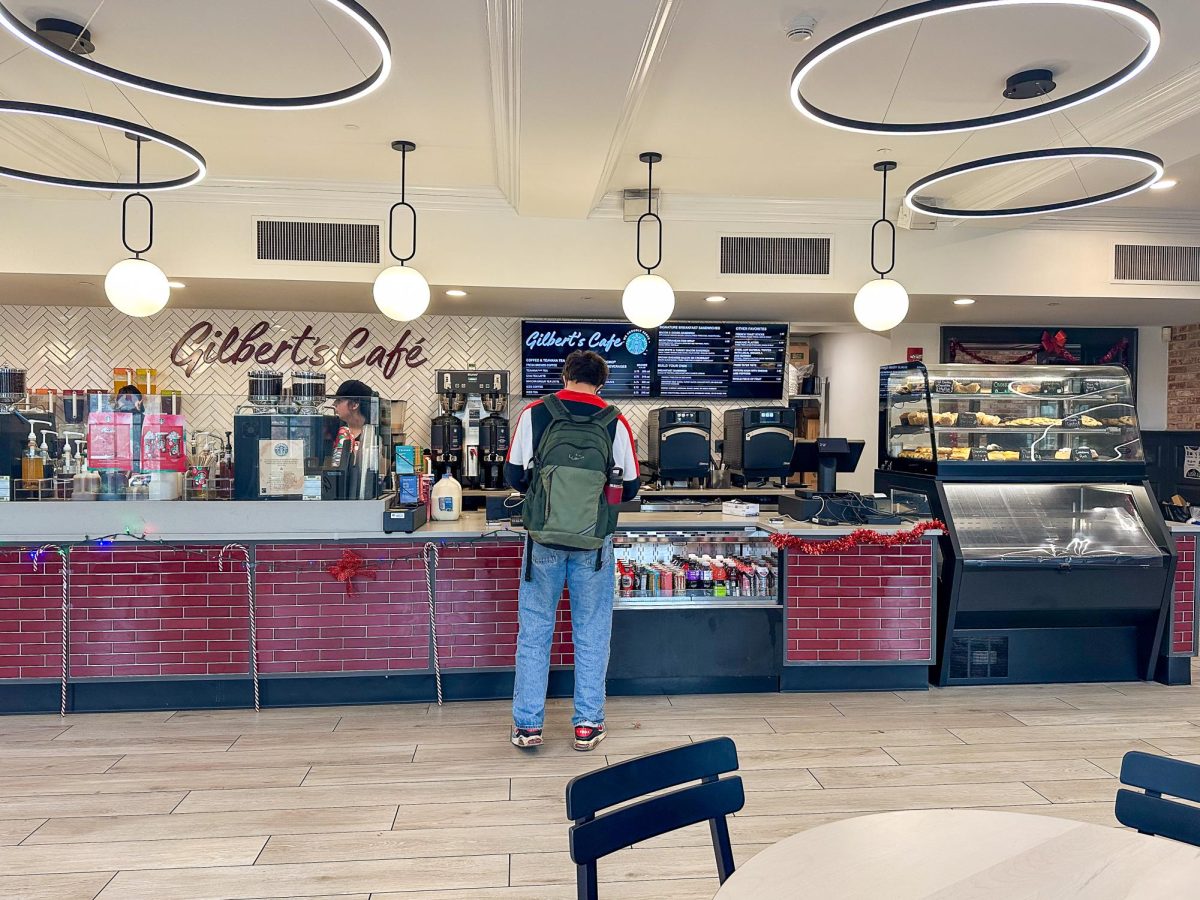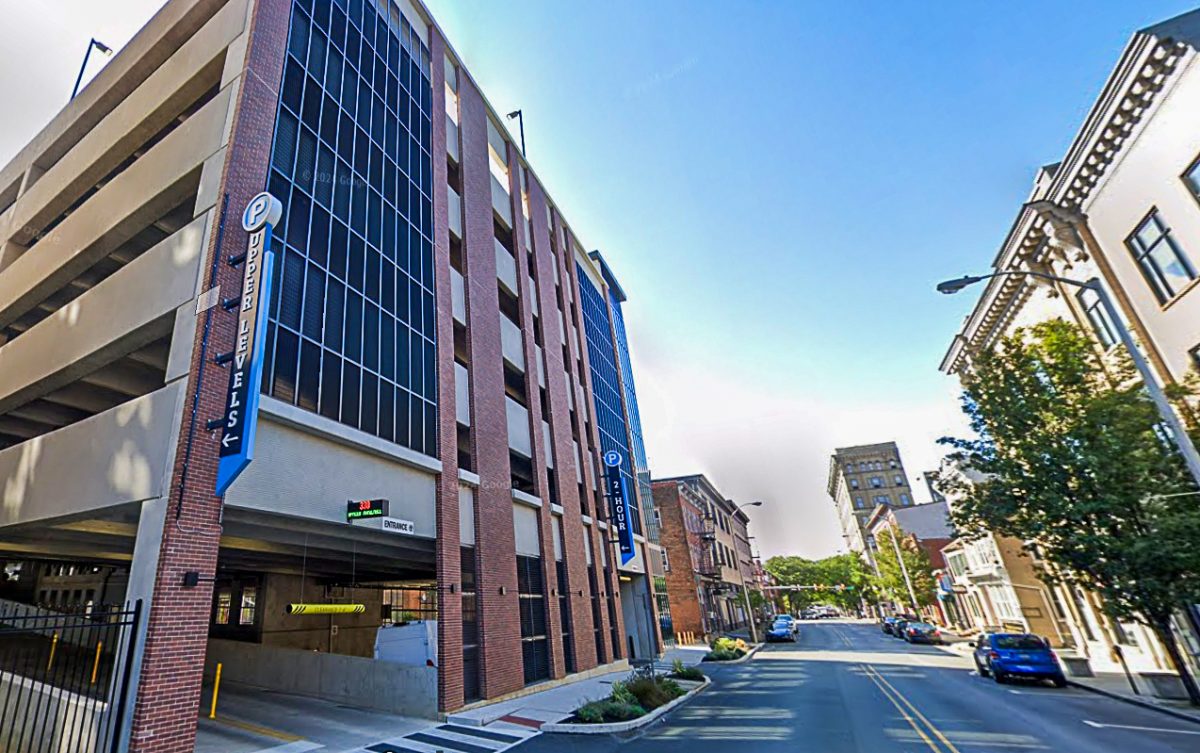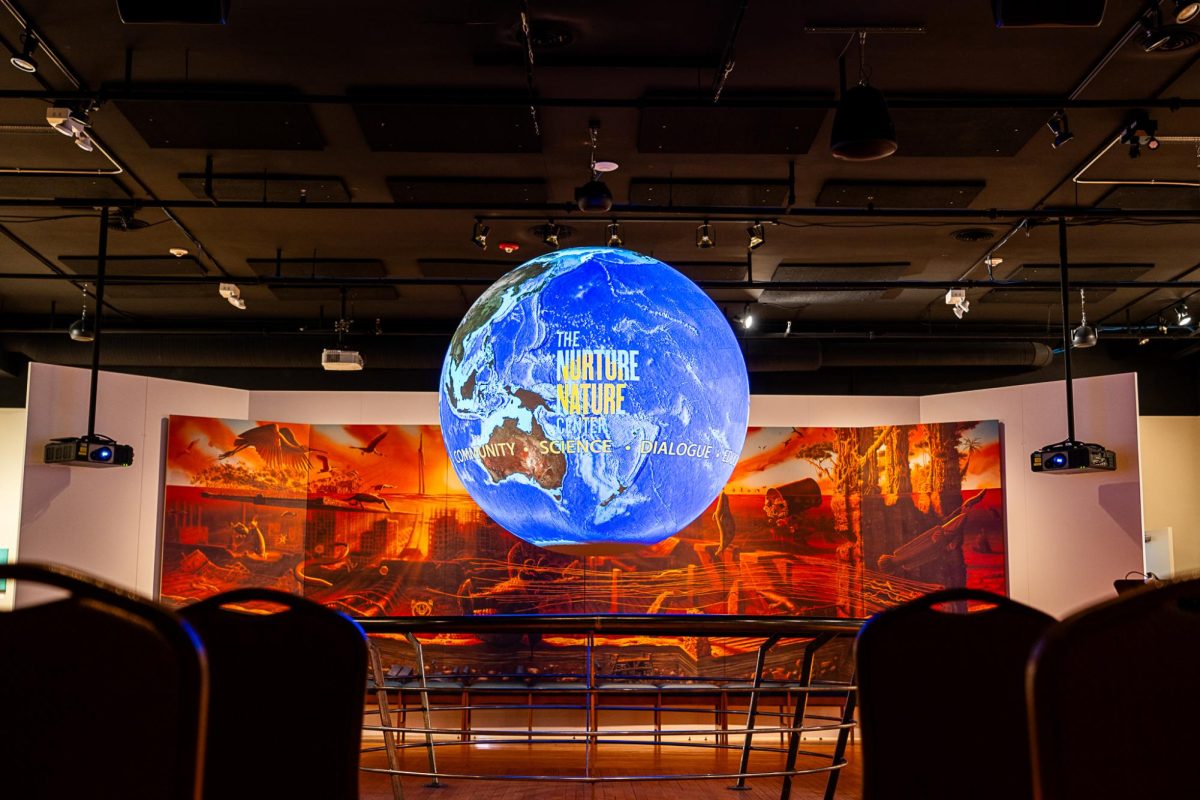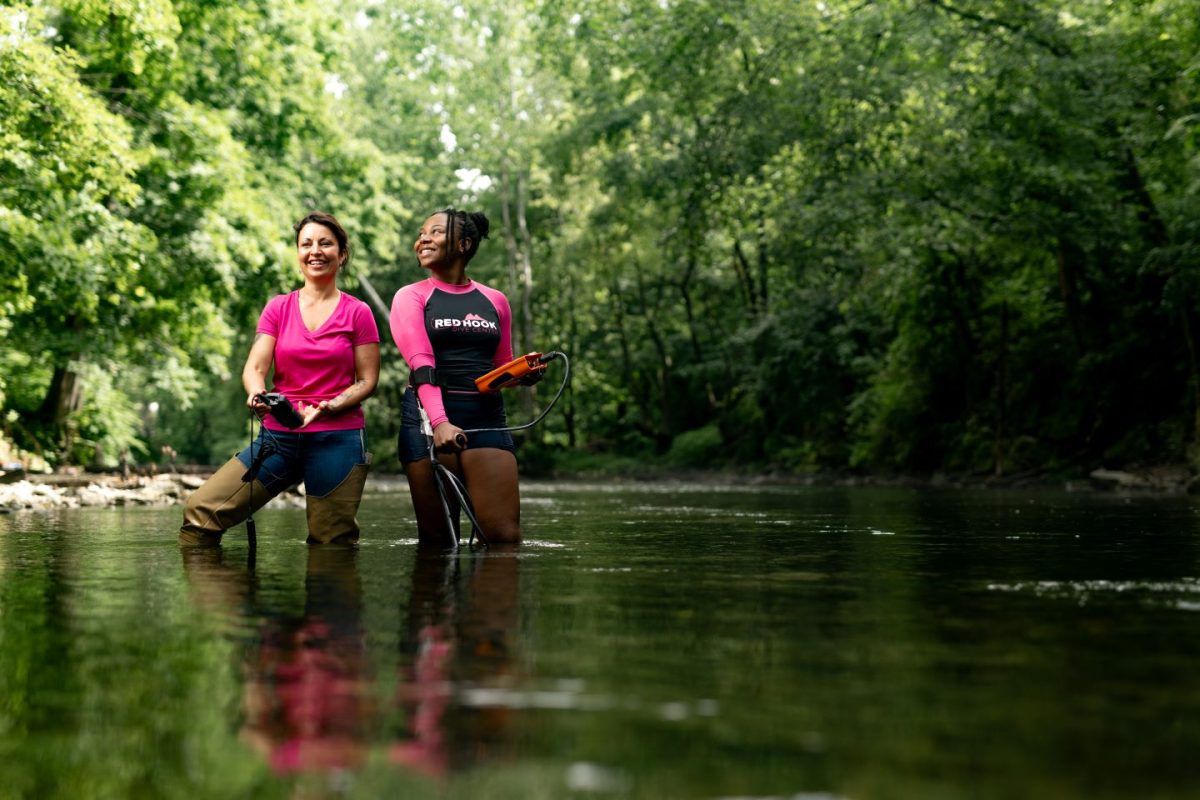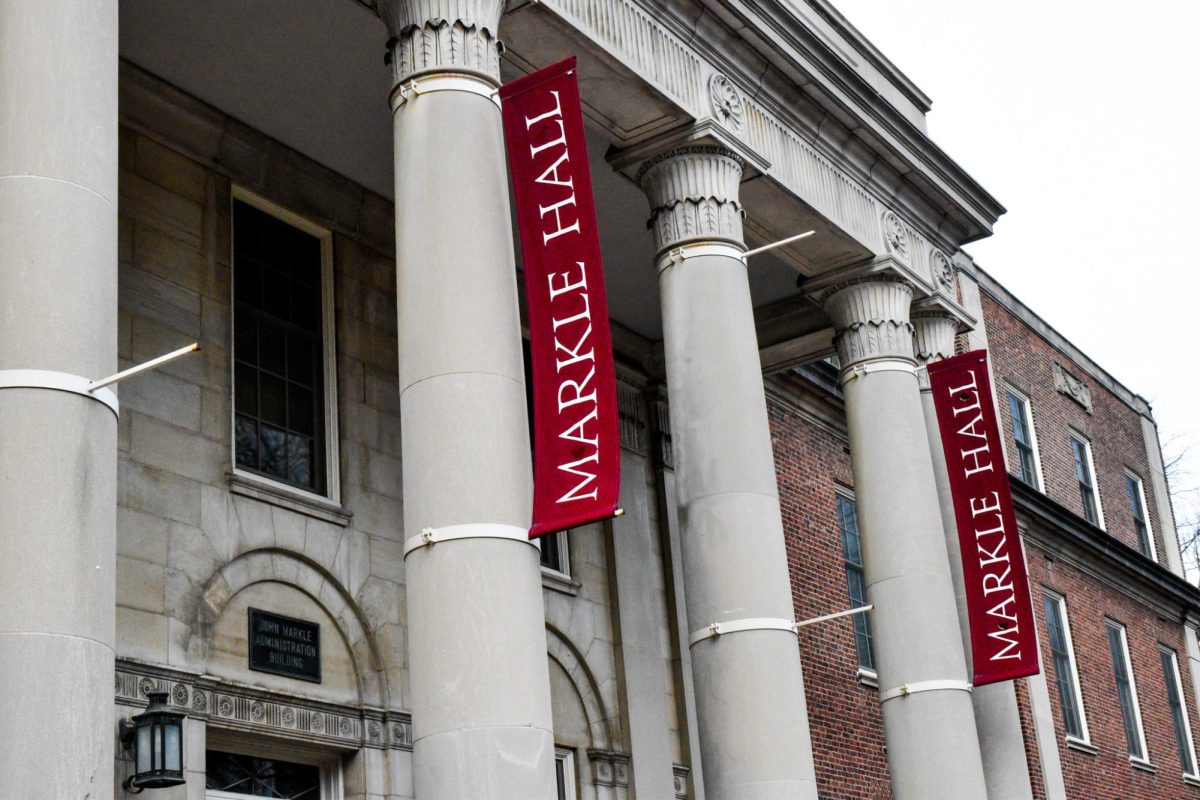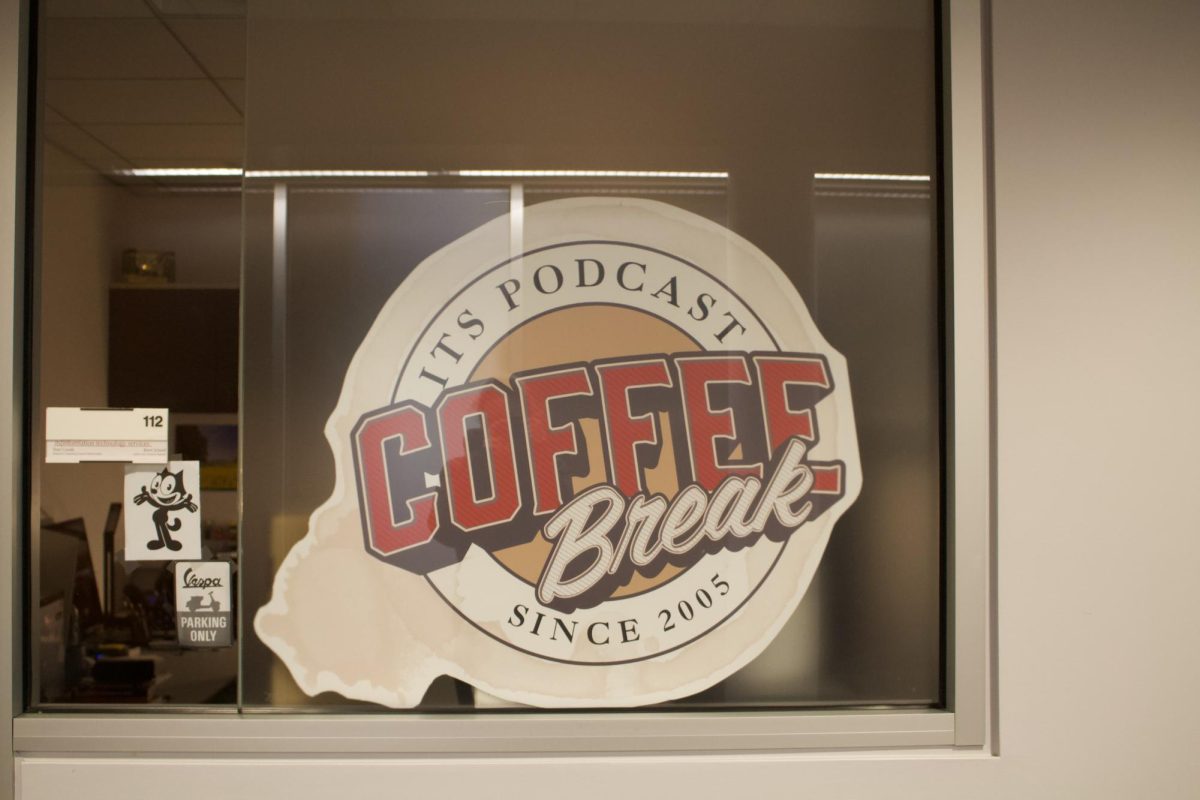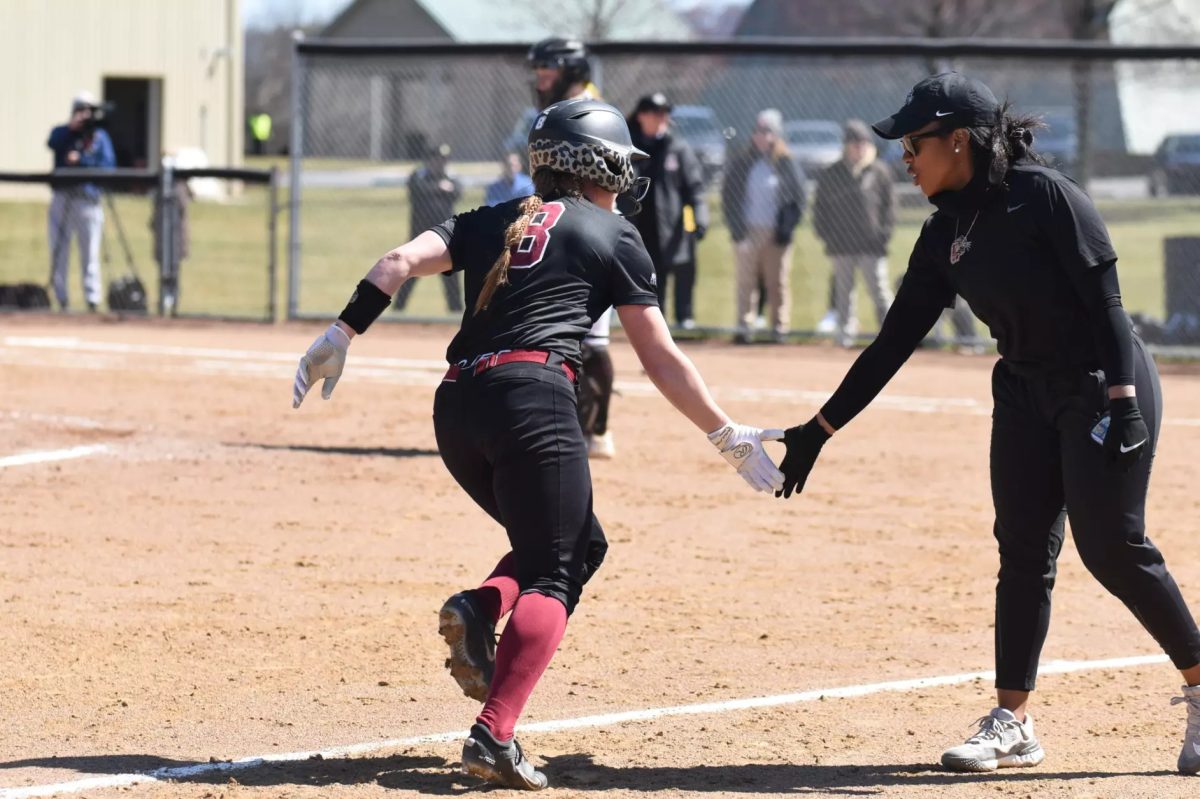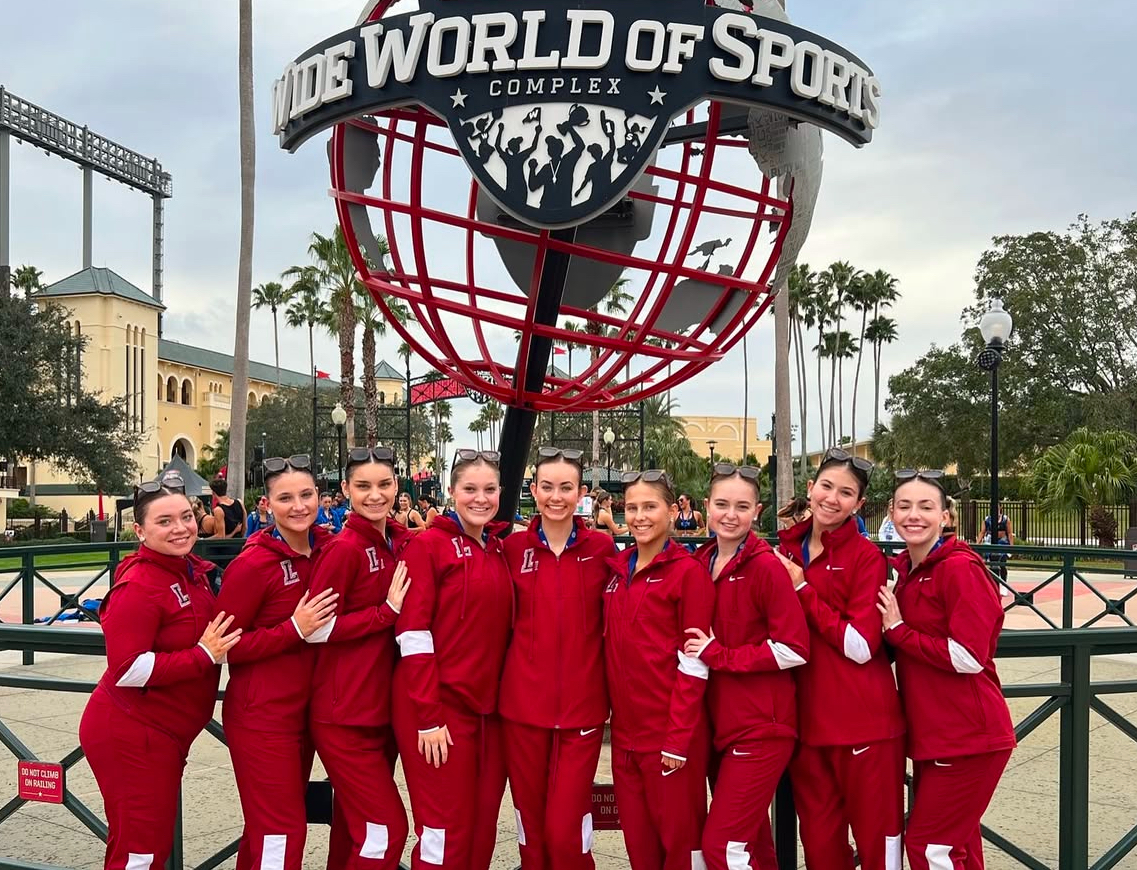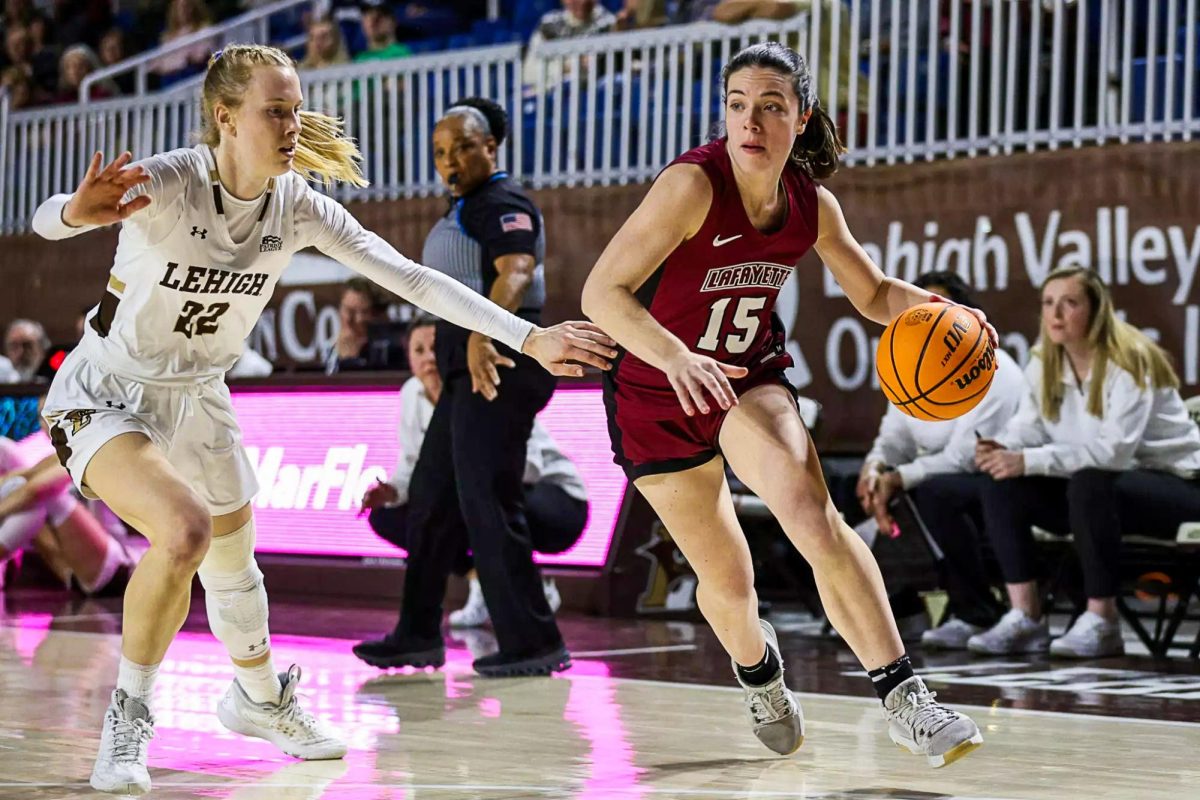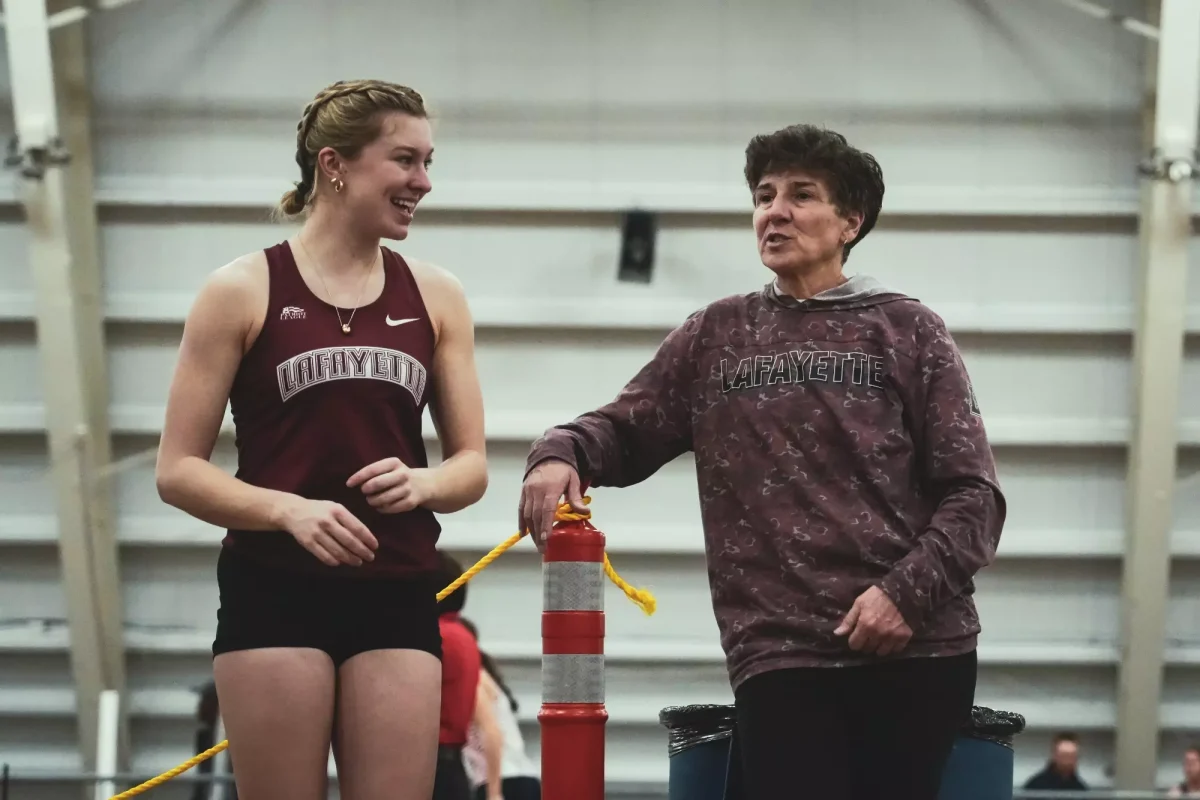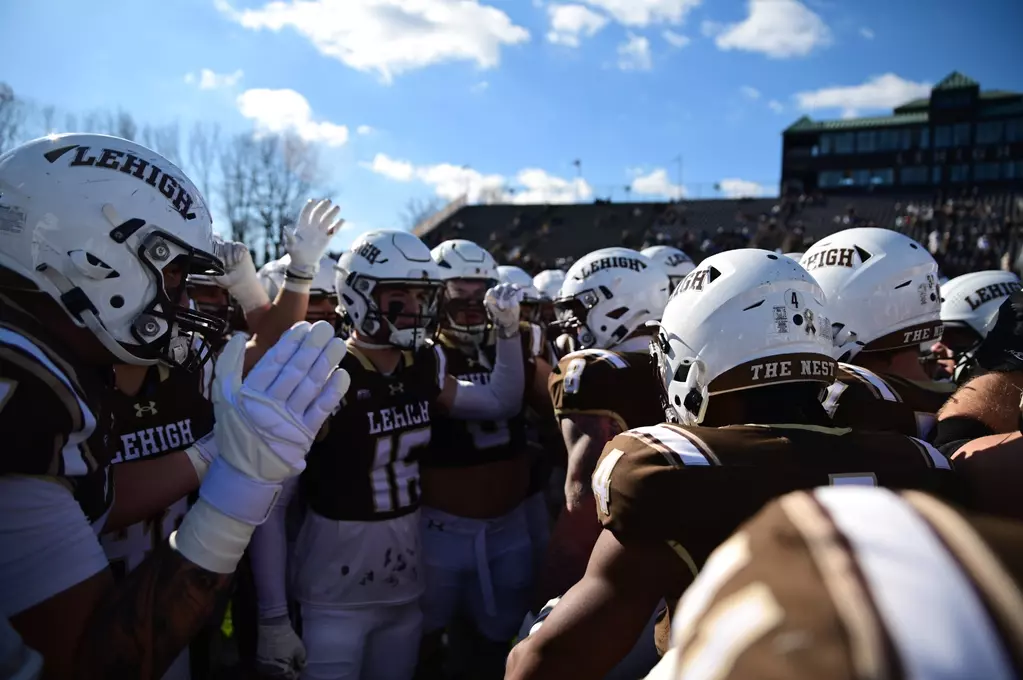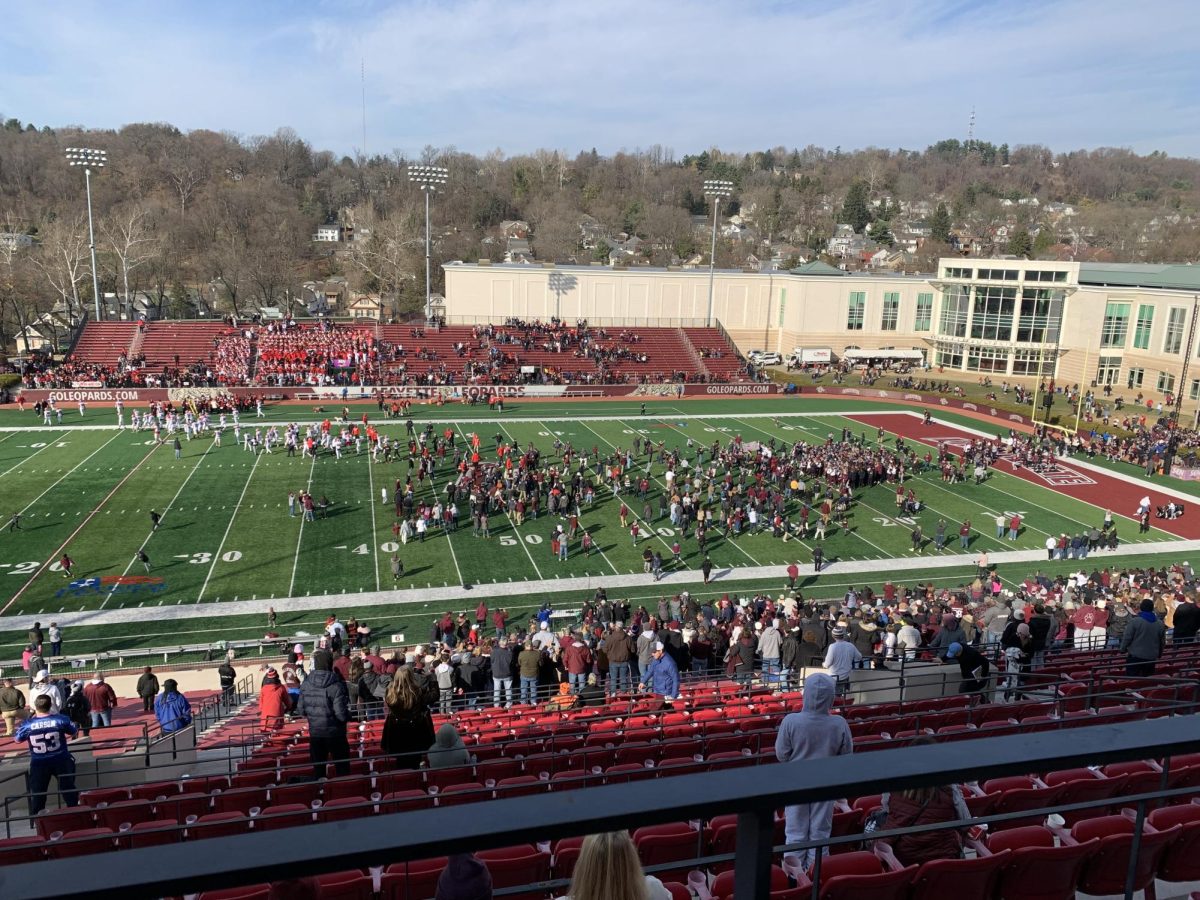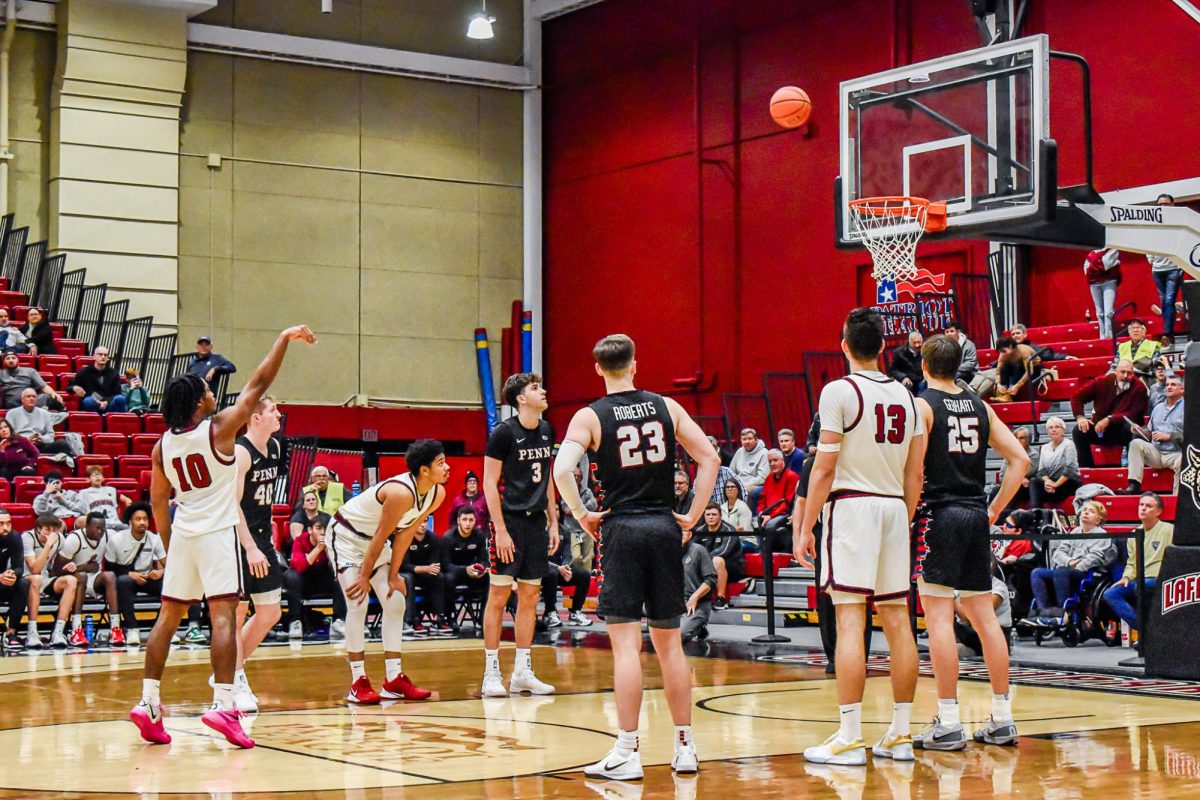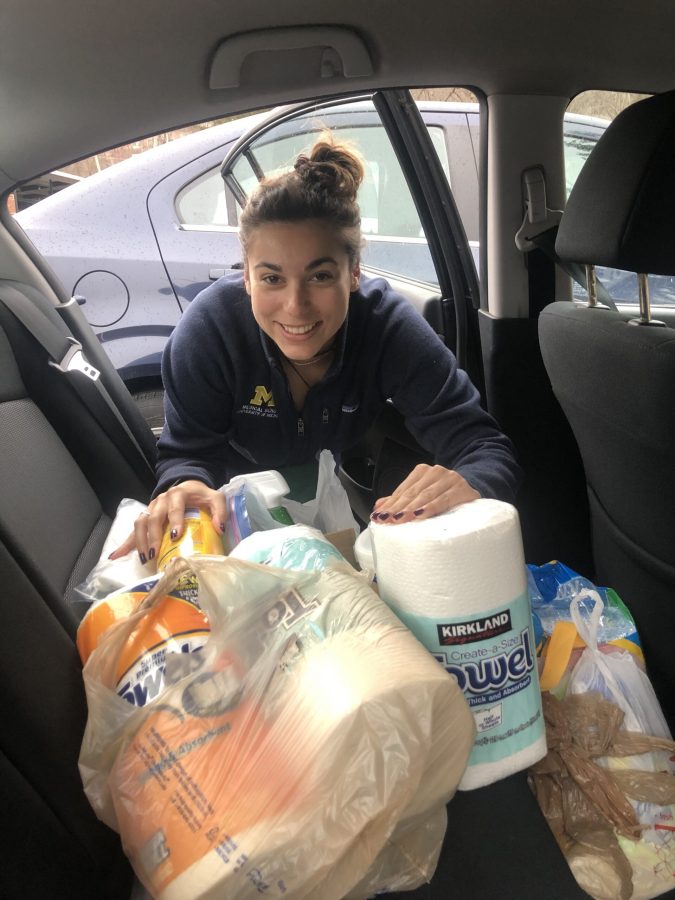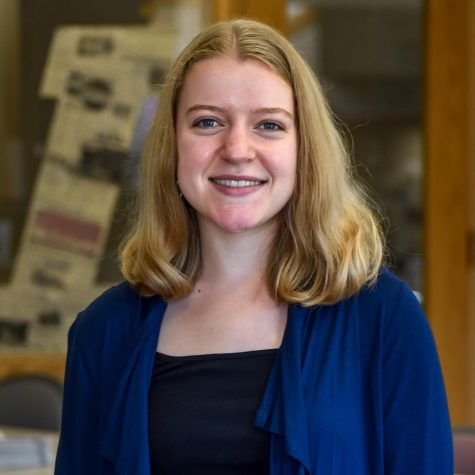As a first-year medical student, Kenzie Corbin ‘18 may not have the skills to save lives in a hospital setting yet, but she has still found ways to help her Michigan community during the COVID-19 pandemic.
Corbin, who won the Pepper Prize in 2018, is currently attending the University of Michigan Medical School. In her free time, she is involved in Wolverine Street Medicine, an organization that delivers medical and physical care to people experiencing homelessness in Ann Arbor and Detroit.
Corbin was at a concert in Detroit when she started to receive a flurry of emails from the University of Michigan about COVID-19, instructing students on what to do. With homelessness already on her mind, she couldn’t stop thinking about people who might not have anywhere to go or anything to protect themselves with.
“All I was thinking about was ‘If we’re all supposed to stay home and wash our hands, what do we do about the people who literally don’t have a home and don’t have access to water or soap?’” Corbin said.
After a sleepless night, Corbin decided that she would collect hand sanitizer and other supplies for the homeless populations in Ann Arbor and Detroit, but stores were completely sold out.
The solution? Corbin decided to make her own.
Homemade hand sanitizer can be made out of ingredients like isopropyl alcohol and aloe vera gel. When Corbin found that these ingredients were also sold out at stores, she reached out to her medical school class and collected enough ingredients from her fellow classmates to make 100 bottles.
Travel-sized containers for the sanitizer were sold out as well, so Corbin used cake frosting bottles from Amazon to put the sanitizer in.
“We had to get a little creative,” Corbin added.
After she reached out to her class about the hand sanitizer, her classmates started coming up with other ideas to help the community including babysitting for the children of medical students who still had to work in hospitals and delivering meals to the elderly. Corbin organized a large spreadsheet with all the ideas and plans on how they could be put into action. That spreadsheet was sent to the University of Michigan and eventually became the school’s official COVID-19 student action response form.
Corbin dropped off her homemade hand sanitizer along with other collected supplies such as Lysol wipes and paper towels at homeless shelters in Ann Arbor and Detroit. Her team of medical student volunteers never gathered in groups of more than two and minimized contact with each other as much as possible.
“[The homeless shelters] were very grateful, and they’re still in huge need because they actually have some COVID-positive patients, but they just don’t have any supplies,” Corbin said.
Corbin said she is trying to make a second batch of hand sanitizer, but is currently unable to find a sufficient amount of aloe vera gel to finish.
Several states have yet to take additional measures to protect their homeless against COVID-19 despite the 552,830 homeless people in the United States as of 2018 according to the National Alliance to End Homelessness.
Corbin is considering a focus in psychiatry and neurology in her medical studies while staying open to other opportunities. She said she also hopes to get a public health degree (MPH) along with her MD.
“The main reason I want to be a physician is to help people and to go out into the community and make sure that our most vulnerable people are being cared [for],” Corbin said.
Corbin said that she still has a continuance of online classes and exams, but she has “put all that on pause” and turned her priority to helping others.
“I can’t ignore all of this need and problems around me,” Corbin said. “I have to do something.”
Corbin described being in the medical system right now as a “double-edged sword” – on one hand, she is able to get new updates as they come, but on the other hand, she knows the realities of the situation.
“In Michigan, we’re completely out of blood donations…with the N95 mask, you should use a different one with every patient, and our physicians and faculty members have to use the same one all day because there’s not enough. With our homeless people, we’re using the same one all week because there’s not enough. It’s horrible,” Corbin explained.
This shortage of medical supplies has been widespread across the United States due to increased demand. Many hospitals including St. Luke’s University Health Network in the Lehigh Valley are collecting donations of medical supplies in order to adequately protect their professional staff.
Corbin advised the Lafayette community to stay home, donate blood, and keep in mind all the health care professionals working “crazy long hours.” She also added that it is important to stay connected with loved ones during this time.
“Physically distancing [but] not social distancing,” she said.

